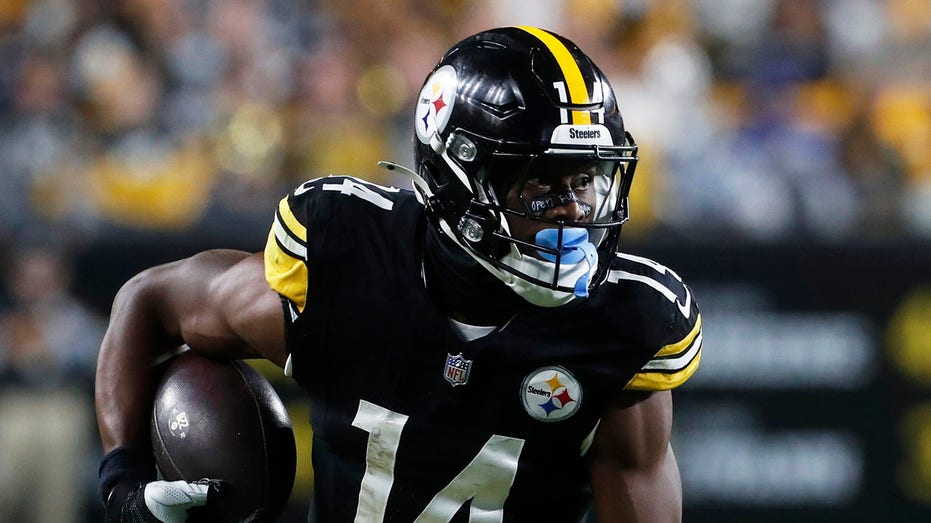What went wrong for Fundsmith Equity in 2024?
Fundsmith Equity, the largest investment fund in the UK, registered its fourth consecutive year of underperformance in 2024. Terry Smith’s £22.6bn fund returned just 8.9 per cent last year, compared to 20.8 per cent for its benchmark, the MSCI World Index. This drastic underperformance followed a similar trend from previous years. The fund underperformed its [...]


Fundsmith Equity, the largest investment fund in the UK, registered its fourth consecutive year of underperformance in 2024.
Terry Smith’s £22.6bn fund returned just 8.9 per cent last year, compared to 20.8 per cent for its benchmark, the MSCI World Index.
This drastic underperformance followed a similar trend from previous years. The fund underperformed its index by 4.4 percentage points in 2023, six percentage points in 2022, and 0.8 percentage points in 2021.
The fund has also underperformed the wider range of funds in the Investment Association Global sector, sitting in the third quartile over one year, three years, and five years.
Fundsmith even landed in the bottom quartile over the last six months when it returned just 1.8 per cent compared to the broader sector’s 4.4 per cent average growth.
Why has Fundsmith underperformed?
Fundsmith earned its reputation as one of the UK’s top-performing funds thanks to the stock picking skill of Terry Smith.
However, in recent years, the fund’s holdings have underperformed.
“Style clearly plays a big part in the poor performance,” explained Ben Yearsley, director of Fairview Investing.
“We have had a few years of hyper growth stocks doing well, as well as value-centric years – neither camp fits into Terry Smith’s style particularly well.”
While Fundsmith does hold some growth-focused companies, like Novo Nordisk, Microsoft and Meta, in his top ten, the manager’s decision not to include trailblazers like Nvidia has ultimately dented performance.
Meanwhile, Smith has also been criticised for the lack of change in his portfolio, buying and selling just a handful of stocks in recent years.
“The “buy-and-hold” approach worked well in the decade following the Global Financial Crisis, when stocks were undervalued and many quality growth names experienced significant multiple expansion,” said rival fund manager Mark Ellis.
“However, as valuations soared, holding these stocks often meant overpaying.”
Terry Smith’s picks underperform
Fundsmith also endured a rough December, falling 1.6 per cent thanks to number three holding Novo Nordisk and number four holding Stryker.
Novo Nordisk fell almost 18 per cent last month after lacklustre results from a new clinical trial, while medtech Stryker slumped eight per cent.
“However, it is up about 60 per cent over the last five years – you probably won’t find too many longstanding investors complaining about that even though it’s significantly underperformed the MSCI World,” added Yearsley.
The other issue for Fundsmith is size: As the largest investment fund in the UK and holding only 28 stocks, Smith is limited in his ability to buy without shifting the market.
“Size is also an issue for many of the larger funds that take too long to execute and have significant adverse impact costs as they drive the price away from their target level,” said Ellis.



